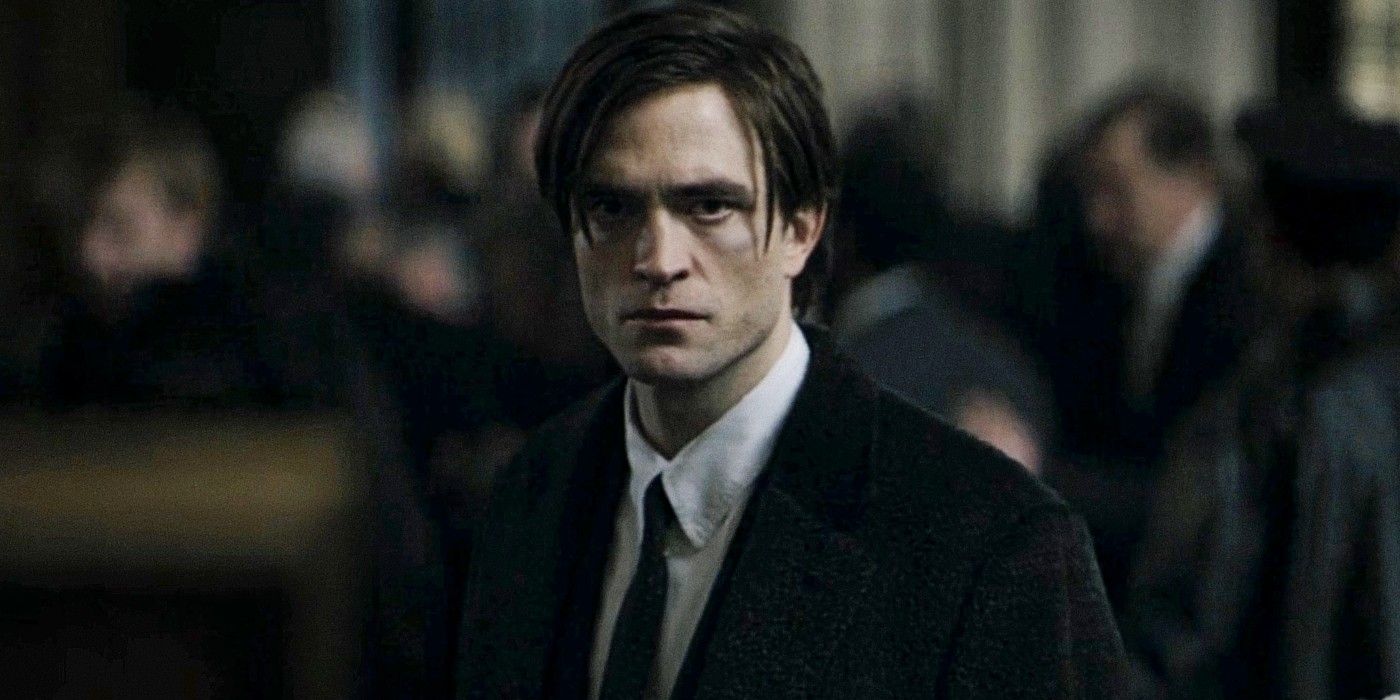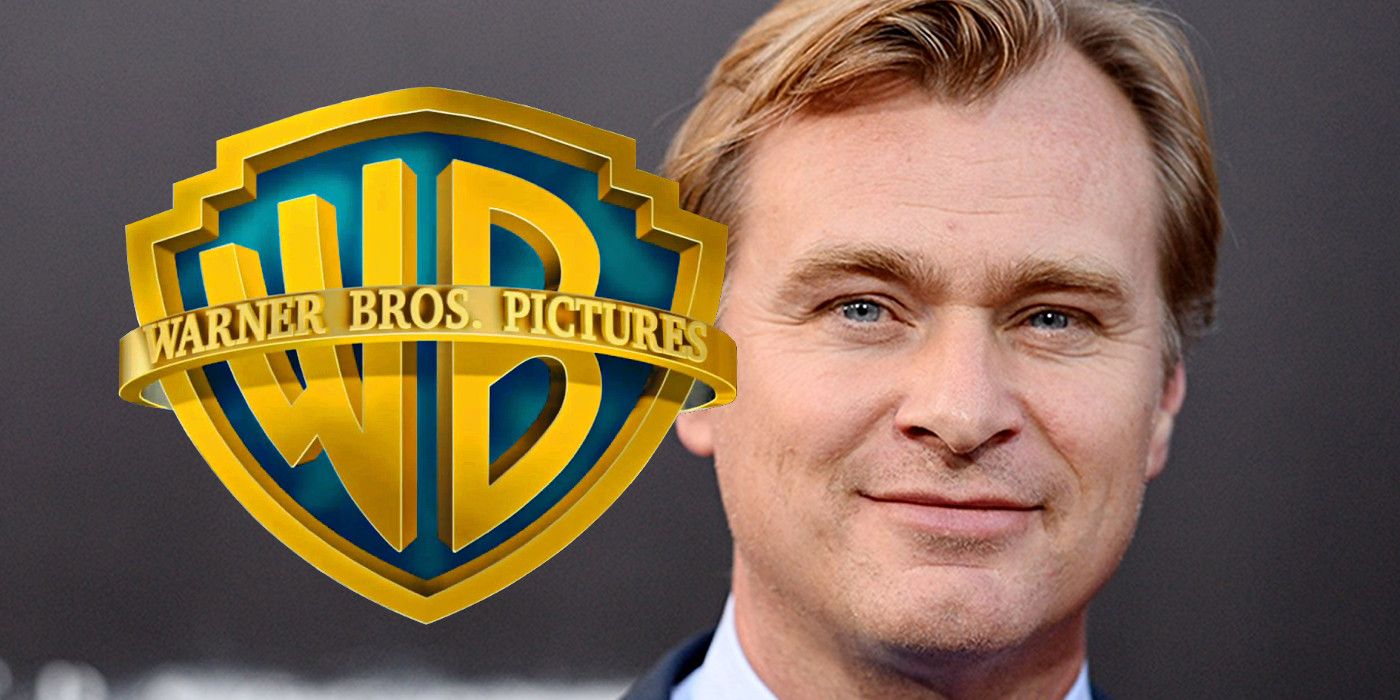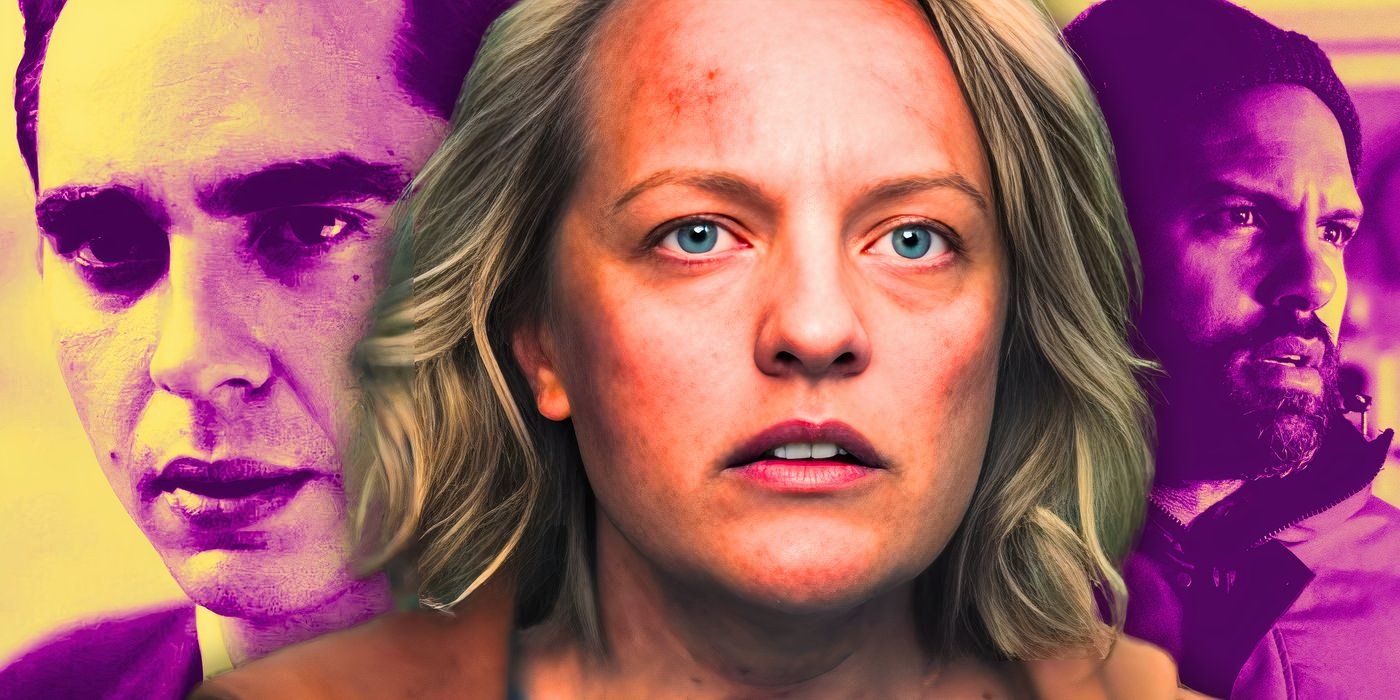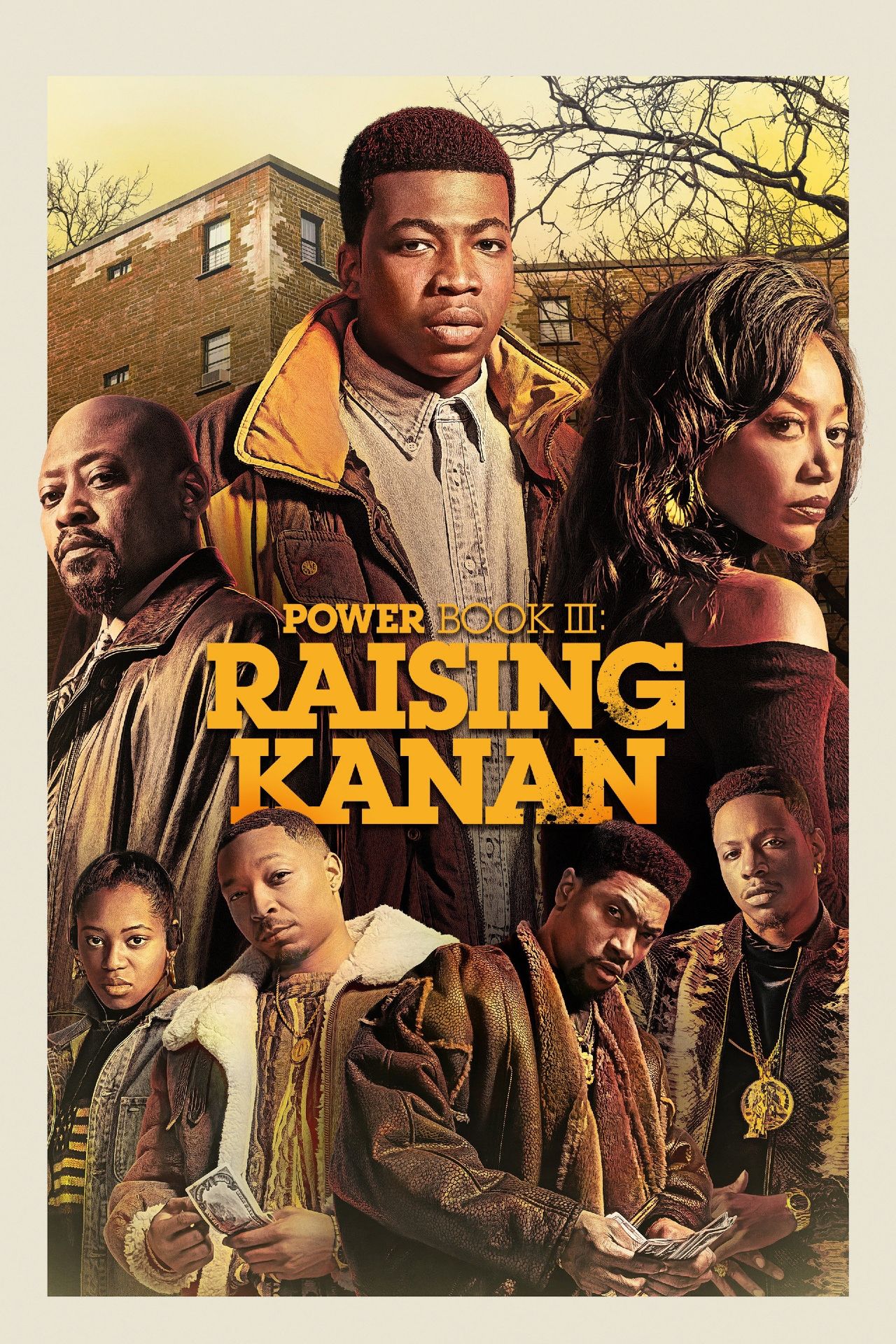Warner Bros. will take the unprecedented step of premiering its 2021 movie slate in theaters and on the HBO Max streaming service – how did the world famous studio come to such a monumental and controversial decision? When HBO Max was first announced in 2018, the platform was intended as another salvo in the ongoing streaming wars. Netflix’s stock continued to rise, and the likes of Disney and Warner Bros soon realized that instead of leasing out their biggest properties, they could build their own service and meet the streaming giants in battle. HBO Max would’ve been a compilation of classic box sets, superhero movies several years old, and a handful of original series. As fate would have it, however, HBO Max launched in May 2020 – the midst of a worldwide pandemic.
Outside of a few learned virologists, no one could’ve predicted the scale of disruption 2020 would bring across virtually every industry. Terms such as “lockdown,” “social distancing” and “zoom meeting” were alien in January, but are now depressingly familiar, as many countries continue to feel the effects of coronavirus over a year after the first reported case. In the current situation, the priority should always be preserving health, and stopping transmission. The measures put in place to achieve that are now forcing entire industries to rethink how they operate, and Hollywood is no different.
Typically warm rooms full of tightly-packed punters, it’s little surprise that movie theaters have been greatly impacted by lockdown measures. Studios have responded by trialing various alternatives, from straight to on-demand, to releasing theatrically and hoping for the best. While Hollywood’s coronavirus response has been largely reactive so far, Warner Bros.’ decision to stream their entire 2021 catalog is the most drastic call yet, but a paradigm shift of this level has been on the cards since the pandemic began.
Warner Bros.’ Early Pandemic Response

When lockdowns first began to be implemented across the world in March 2020, No Time To Die was the first major blockbuster to take action, with 007 delaying his latest mission from April all the way to November. At the time, this lengthy push-back was viewed as an abundance of caution. Surely, things would be back to normal by Thanksgiving? Following suit, the month of April saw Warner Bros. begin pushing back planned releases to accommodate production and theater shutdowns – The Batman, The Many Saints of Newark and King Richard were among the early victims. When the global situation hadn’t improved come June, more films joined the casualty list – Godzilla vs. Kong, Wonder Woman 1984, The Witches, Tom & Jerry. Then in October – The Matrix 4, Dune and The Batman for a second time.
This gradual, piecemeal slipping back of an entire movie slate is far from ideal, and is exemplified by the ever-changing release date for Wonder Woman 1984 – Warner Bros.’ biggest unreleased blockbuster of the pandemic period. Diana Prince’s second solo effort moved from June to August, from August to October, and from October to December, with normality failing to materialize all the while. Not only is repeatedly delaying multiple movies very expensive, but such uncertainty can play havoc with a company’s stocks. Rather than announce new delays every 2 or 3 months until coronavirus was brought under control, Hollywood needed a more permanent solution, and Warner Bros. were at the forefront of those efforts.
The Tenet Experiment

Sitting curiously among the Warner Bros. delays was Christopher Nolan’s highly-anticipated Tenet. Where every other movie was subjected to delays of months, Tenet was moving back in smaller increments amid reports that Nolan himself preferred a 2020 theatrical release for his latest opus. From its original July position, Tenet settled into a late August/early September rollout, after the initial batch of lockdown measures lowered transmission enough for theaters to begin opening with socially distanced seating and additional safety measures. Tenet was the first major movie to be given the full, exclusive theatrical treatment in the pandemic era, and was being hailed by some as the savior of cinema.
While Warner Bros. likely didn’t expect to make big bucks from Tenet‘s restricted release under the current circumstances, the studio still made a significant loss. Whether or not Tenet can truly be considered a failure is contestable; theater closures and limited capacity meant breaking even was always improbable, so how much loss would’ve been considered a “win” for Warner Bros.? Regardless, Tenet did prove to studios that forging ahead with traditional theatrical releases in the current climate was not a financially viable option. If a hype-laden big-budget mystery thriller from Christopher Nolan is struggling to rake in cash, what hope is there for every other prospective release? Nolan himself defended Tenet‘s box office haul, maintaining that his latest effort performed well under the given circumstances. The director may be right, but the fact that Tenet didn’t spark a wave of further theatrical releases speaks volumes about how movie studios interpreted those numbers. An alternate solution was evidently required.
Mulan Hits Disney+ – Hollywood Goes Streaming

After Warner Bros. took the plunge with Tenet and found themselves in shallow water, it was Disney’s turn to take a risk. On September 4th, Disney+ premiered the Mouse House’s live-action Mulan adaptation. Despite being shrouded in controversy even before the pandemic, Mulan would’ve been a surefire hit for Disney any other year, but entered a state of limbo as theaters were forced to close. With the Disney+ streaming service already well-established, Mulan was scheduled for a streaming premiere, but those already subscribed would need to pay a one-time premium fee for the privilege. Like Tenet, the Mulan remake wouldn’t come close to covering its costs, but with a $35.5 million opening weekend on Disney+ and an uptick in subscriber numbers, is widely considered a modest success. Nevertheless, there was significant push-back on the exorbitant premium fee being charged.
In a climate where movies are making a loss regardless of how they’re distributed, streaming has become the more attractive long-term option for studios with their own in-house service. For Warner Bros.’ part, the Anne Hathaway fronted adaptation of Roald Dahl’s The Witches (a film that would usually be afforded the full theatrical premiere pomp) arrived exclusively on HBO in October without any additional fee.
In the face of more delays and an increased reliance on streaming, the future of the movie theater has been brought into question. The rise of Netflix, shrinking release windows and a less generous slice of the box office pie had already left movie theaters walking a precarious tightrope pre-pandemic, and the misfortunes of 2020 threaten to nail the coffin shut completely. Attempting to appease the exhibition side of the business, studios have now turned toward a joint streaming-theatrical distribution method. Trolls World Tour pioneered the model of the simultaneous release, hitting homes and movie theaters (where possible) at the same time in April 2020, and the strategy proved successful in relative terms. Warner Bros. has now adopted this model (replacing VOD with HBO Max) firstly for Wonder Woman 1984 on Christmas Day, and then subsequently for the whole of 2021.
How Warner Bros. Made The HBO Max Decision

According to a report from Bloomberg, Warner Bros.’ decision to release their 2021 movie slate on HBO Max concurrent to movie theaters was not easily reached. The call was made in late November by WarnerMedia CEO Jason Kilar, who has previous experience in the streaming realm via Amazon and Hulu. For Kilar, the value a ready-made catalog of top-tier movies adds to HBO Max can help offset the revenue loss from charging a subscription fee instead of theater ticket prices. Nevertheless, resistance has come from all corners. While Kilar was able to convince board members of his vision, the report states some Warner employees are concerned about the longer term damage that could be done to the studio through the simultaneous streaming/theatrical distribution model.
Kilar cites the forecast of medical experts as a key factor in his decision. Back when No Time To Die was first delayed in March, the move was seen as excessive, but as 2020 has progressed, it seems even Bond underestimated the full impact of COVID-19. With vaccinations in the pipeline, 2021 is certainly looking brighter, but the WHO are predicting a rocky year ahead, and continue to stress the necessity of lockdown measures and vigilance while the vaccine is being rolled out. Heading into Christmas, cinemas across the world vary from inactive to restricted, and until vaccination is well underway, that situation doesn’t look set to change. Certainly, normal service is unlikely to resume in the first half of 2021.
But it’s also worth noting that even before the pandemic, Warner Bros. were gearing their business model increasingly toward streaming. AT&T acquired Warner in 2018 and plans for HBO Max were announced that same year, along with a raft of personnel changes and widespread restructuring. The emphasis seemed to be very much focused on the future, and the importance of streaming in a changing market, with an intention to rival the likes of Netflix, Amazon, and Disney, who had their own platform in development. While Warner Bros. couldn’t have predicted what 2020 would bring, the sudden drop in profitability for theatrical releases has provided the perfect opportunity/excuse (depending on your perspective) to boost the stock of HBO Max with premieres of Wonder Woman 1984, Dune and The Matrix 4.
Industry Response To Warner Bros.’ Streaming Plans

Predictably, the Warner Bros. and HBO Max announcement has courted a strong reaction from the industry. As the man behind Tenet, Christopher Nolan spoke out against the plan, and especially the nature of its conception, claiming that creatives investing their time and money in Warner Bros.’ upcoming 2021 movies weren’t consulted on the change of release plan. Nolan went on to denounce HBO Max as the “worst” streaming service (via THR), and reaffirmed his support for the filmmakers and talent who had the rug pulled from under them. Jason Blum of Blumhouse fame raises an interesting point about whether Warner Bros. could realistically stop the simultaneous release strategy once 2022 arrives, with their subscribers accustomed to getting the latest blockbusters for a subscription fee.
Concern for movie theaters has also redoubled in the wake of the HBO Max announcement. After Wonder Woman 1984 was confirmed for a streaming/theatrical release on Christmas Day, AMC’s CEO, Adam Aron, revealed he was “fully onboard” with the plan (via Variety). As the situation stands in December of 2020, the split model is preferable to a digital-only rollout, but not as risky for the studio as a traditional Tenet-style release would be. And with Warner agreeing to share a bigger percentage of ticket revenue with exhibitors, Wonder Woman 1984‘s release was perhaps the least-worst option available.
After Warner Bros. announced that their entire 2021 slate would follow that pattern, however, those sentiments changed. Aron accused Warner of trying to “subsidize its HBO Max startup” at everyone else’s expense and cited the incoming vaccines as enough reason not to write-off 2021’s theatrical worth completely. As with that very first No Time To Die delay, only time will tell whether Warner Bros. has acted ahead of the curve to avoid a year of uncertainty, or jumped the gun in the pursuit of a much-needed edge over its streaming service rivals.



